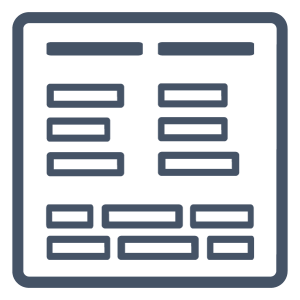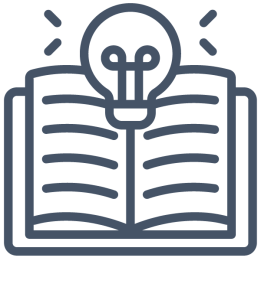Primary, secondary, and tertiary sources

Overview
This week, we reflect on the concept of authority, how this idea influences and shapes our information choices, and what we have learned about our relationship with information through gameplay.
Consciously or unconsciously we use ideas about authority to mee our information needs, both in “high stakes” and everyday contexts. We are presented continually with a variety of information sources that we must evaluate to determine if the information is factual and correct or incorrect. When information is incorrect, we must also evaluate whether we believe that the creator/author and sharer of the information knows that the information is not correct and if they are disseminating it knowingly and to do harm.
And we must reflect upon and understan our own biases: we have opinioins about issues and events, based on our own ideologies.
Some of this information is primary, i.e., created during an event or situation by an individual or group directly involved or witnessing an occurrence. Some of this information is secondary, i.e., created to analyze, interpret, and/or evaluate an event.
Different information is intended for different audiences: academics, the general public, specific communities or groups.
All of these factors must be considered when evaluating our information choices in addition to our own biases about who to trust, what information is “good” and “bad”, and which sources are the most accurate and credible.
Given the complexity of our relationships with information, we can have mixed feelings and thoughts during the search process that influence our search strategies and choices. In particular, in the early phases of searching, we may feel confused, worried, uncertain, or frustrated about our abilities to find the sources that will help us answer our research question. This emotional and cognitive experience is normal and easier to navigate when we can use the idea of authority to guide our choices.
Readings
Reading Club reading (all groups)
Forrer, D. (2018, February) Literature map [Video]. YouTube. https://youtu.be/YPhqCIL9u6I.(6:15 minutes)
Kuhlthau, C. (2008). From information to meaning: Confronting challenges of the Twenty-first Century. Libri, 58(2), 66–73. https://doi.org/10.1515/libr.2008.008
Before class activities
 Key questions to ask while actively reading and watching
Key questions to ask while actively reading and watching
- What steps do I take when I am searching for information?
- How do I feel at each stage of this information searching process?
- What type of sources do I typically use in my academic projects?
- Why do I use these types of sources?
 “Pile of words”: Group and label key concepts
“Pile of words”: Group and label key concepts
Organize into two lists of similar terms and label each list (include definition of each label).
Remember: You may already understand some of these ideas relatively well and others may be new to you—you are encouraged to look up (e.g., in a dictionary or encyclopedia) the unfamiliar concepts in order to create your lists.
Make note of your reasons for grouping the ideas together as you will share them in class. These are self-paced individual activities, for which there are no right or wrong answers. The instructor will not grade this work.
 Predict a learning outcome
Predict a learning outcome
After class activities
After class, annotate each reading for key ideas. For videos and podcasts, you can annotate the transcript.
Summarize the author’s key ideas from each reading. Highlight the following information:
- Purpose of the reading;
- Scope (the extent of the study);
- Thesis (the main argument[s]);
- Outcome(s) and conclusion.
Respond to the following statement about the readings: do you agree or disagree with the statement and why?
“From the students’ perspective, there are three aspects to their experience. And the feelings are very important. The thinking, of course, is important, and the acting is important. And these are very closely connected. What they’re feeling at the time, affects what they are thinking about, and definitely affects what they decide to do.” (Kuhlthau in Maniotes, 2017)
Did this reading provide any inspiration or insights you can use in this or any of your other classes? If yes, what is the inspiration and/or what are the insights?

